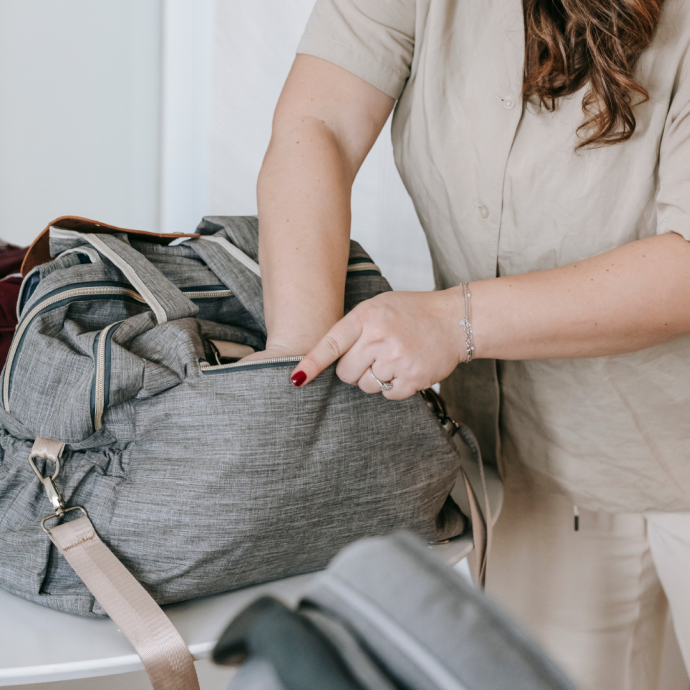This post shares tips and advice on preparing for surgery. For more information on surgery for endometriosis, please find resources here.
It’s good to know in advance when surgery will take place so plans can be made. For some, surgery may be offered without much notice, whether this be due to a change in surgical urgency or because of a cancellation. Planning for an operation can help reduce any extra stresses, telling family, friends and your workplace/employer about surgery allows for plans to be but in place. This can include anything from, planning your own post-operative care, if necessary, having someone to look after you at home, childcare, pet-care, arranging transport to and from the hospital and work-cover.
Most hospitals will arrange for a pre-operative assessment in the weeks/months before surgery, this may be at the hospital or on the telephone. A pre-operative assessment allows the hospital to check your medical history, review your medications to make sure you are well enough for surgery. They may recommend taking some tests, like bloods and blood pressure readings. In the days before surgery, you will be told, what time to arrive, when to stop eating and drinking (you need an empty stomach during surgery, this reduces the risk of vomiting whilst under anaesthetic) and if necessary, when to stop or start certain medications.
If you start to feel unwell, develop a temperature, cough, urine (wee) infection in the days before surgery, let your hospital know and they can advise you on whether surgery should go ahead or be postponed.
Even if you have been told your surgery is ‘day case’, you should still bring an overnight bag just in case you’re kept in hospital overnight.
What should I pack for hospital?
- Pyjamas
- Dressing gown and slippers
- Comfy, loose fitting day clothes
- Spare underwear
- Toiletries – toothbrush, toothpaste, soap/body wash and deodorant
- Hairbrush/comb and hair bobble
- Sanitary pads/products
- Glasses, glasses case or contact lenses if you wear them
- Any medications you take and a copy of a recent prescription/medication list
- Books, magazines, headphones etc
- Notebook and pen
- The hospital will provide food, but you may wish to bring some of your own snacks
- Phone and charger, a portable charger might be useful
It's also important to think about things you might need at home after surgery…
- Painkillers, paracetamol and ibuprofen (if you can take these).
- Supply of your regular medications
- Sanitary pads/products, you may experience some period like bleeding after surgery. You may be advised to avoid tampons or menstrual cups whilst recovering, this is to reduce the risk of infection.
- Supply of food, drink and healthy snacks.
If you are struggling with endometriosis and need support, our support services are here for you. Our trained volunteers cannot offer medical advice, but can signpost to information and resources and offer a friendly listening ear. Please find our support services here.






